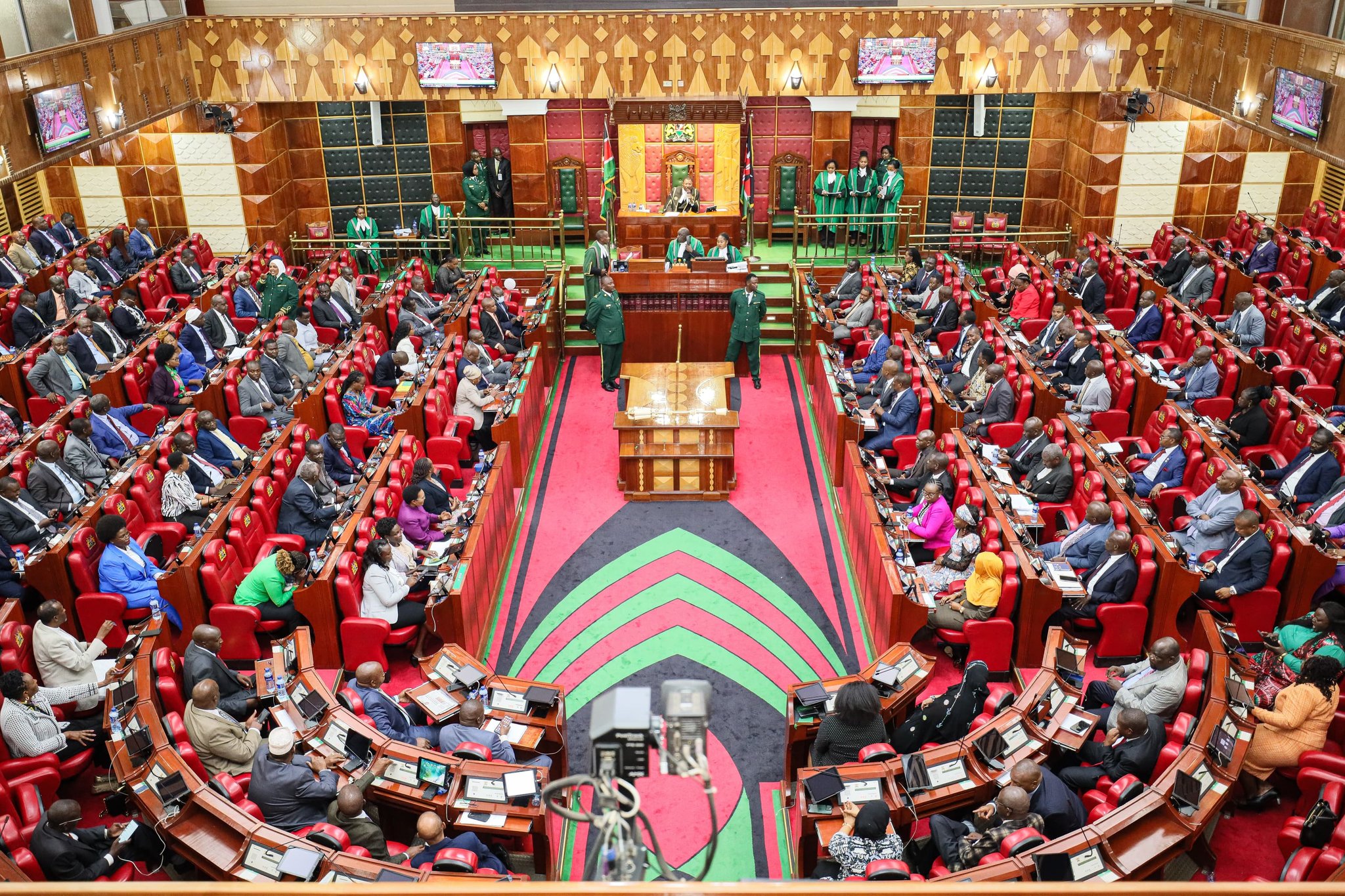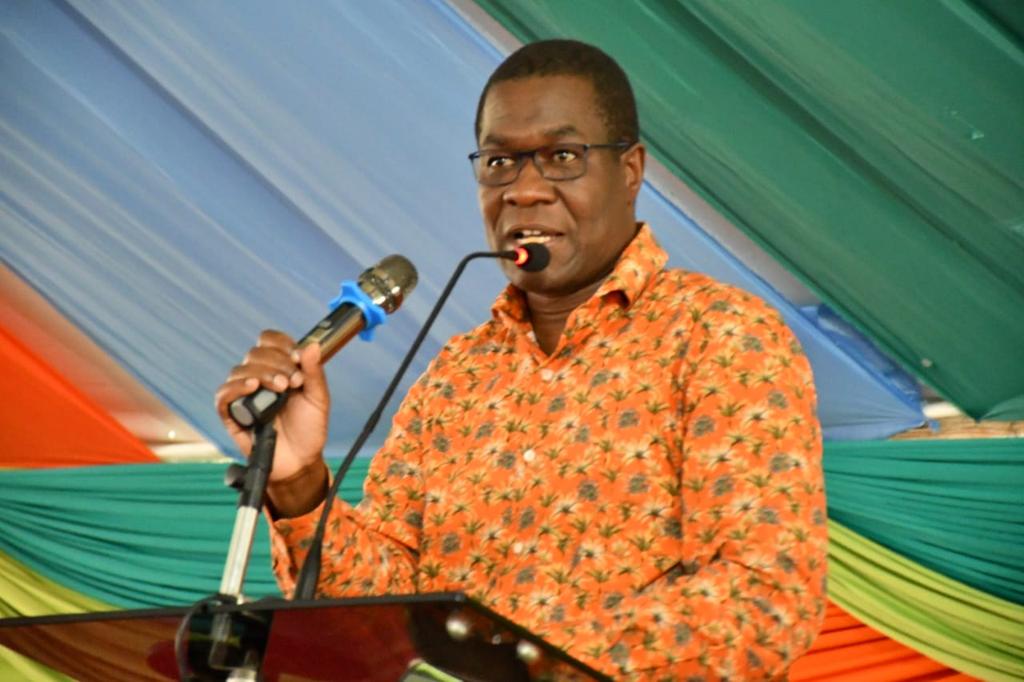National Assembly tables bill to disburse Equalisation Fund

The Equalisation Fund Appropriation Bill, 2025, has been formally introduced in the National Assembly, seeking to unlock Ksh16.8 billion for development and recurrent expenditure in counties identified as marginalised under Kenya’s Constitution.
The bill, dated Wednesday, June 11, 2025, and which was read for the first time on Tuesday, June 17, 2025, provides for the issuance of funds from the Equalisation Fund to support the delivery of basic services such as water, roads, health facilities, and electricity.
These services are aimed at bringing disadvantaged regions up to par with the rest of the country in terms of infrastructure and access to essential public utilities.
According to the Memorandum of Objects and Reasons, the bill’s principal objective is to authorise the issue of a sum of money out of the Equalisation Fund and its application towards the service of the 2025/26 financial year.
It cites Article 204(1) of the Constitution, which mandates the fund’s establishment to bridge disparities in access to basic services across counties.
“The Equalisation Fund [is] established under Article 204(1) of the Constitution to facilitate the provision of basic services including water, roads, health facilities and electricity to marginalised areas to the extent necessary to bring the quality of those services in those areas to the level generally enjoyed by the rest of the nation, so far as possible,” the bill read.

The proposed law grants the Equalisation Fund Advisory Board the authority to release Ksh16.8 billion during the financial year ending June 30, 2026.
Of this amount, Ksh504 million will be spent on board expenses, in accordance with regulation 10(3) of the Public Finance Management (Equalisation Fund Administration) Regulations.
“This Act may be cited as the Equalisation Fund Appropriation Act, 2025, and shall be deemed to have come into force on 1st July, 2025,” the bill read.
The remainder of the funds is earmarked for direct development expenditure across various counties.
For instance, Baringo County is set to receive Ksh967 million, with significant allocations to constituencies such as Tiaty (Ksh582 million), Mogotio (Ksh164 million), and Baringo South (Ksh134 million).
Other beneficiary counties listed in the bill include Bomet, Bungoma, and Busia, with each receiving funds specifically designated for improving water access, road networks, healthcare facilities, and rural electrification.
The bill defines “beneficiary county” as “a county identified as beneficiary of the Fund by the Commission on Revenue Allocation in the marginalisation policy developed pursuant to Article 216(4) of the Constitution and set out in column A of the Schedule.”
These are counties where services will be prioritised to uplift living standards to levels “generally enjoyed by the rest of the nation, so far as possible,” the bill added.
The bill further affirms that it does not delegate legislative powers or infringe on fundamental rights and freedoms.
“This bill does not delegate legislative powers nor limit fundamental rights and freedoms,” the bill read.

It also declares itself as a bill concerning county governments within the meaning of Article 110(1)(a) of the Constitution, given that it touches on devolved functions such as health, water services, and local infrastructure.
“The Bill is a bill concerning county governments in terms of Article 110(1)(a) of the Constitution, as it contains provisions affecting the powers and functions of county governments as set out in the Fourth Schedule to the Constitution,” the bill read.
Moreover, the Equalisation Fund Appropriation Bill is classified as a money bill, as defined under Article 114 of the Constitution, since its implementation will lead to direct expenditure from public funds.
“The bill is a money bill for purposes of Article 114 of the Constitution, as the enactment of this bill shall occasion additional expenditure of public funds,” the bill added.
Budget and Appropriations Committee Chairperson Samuel Atandi signed off on the bill, which is now before Parliament for debate and possible enactment. If passed, the act will come into force on July 1, 2025.















